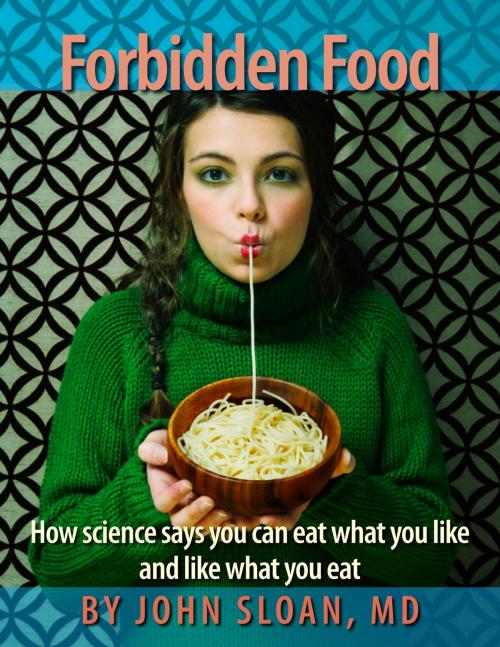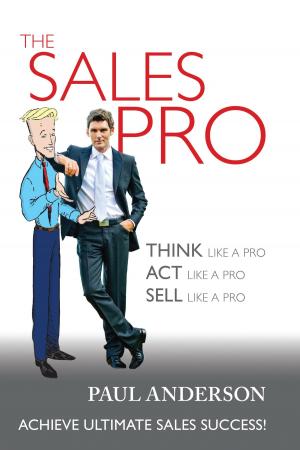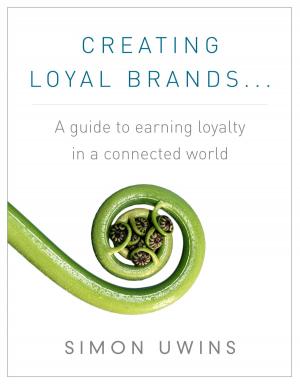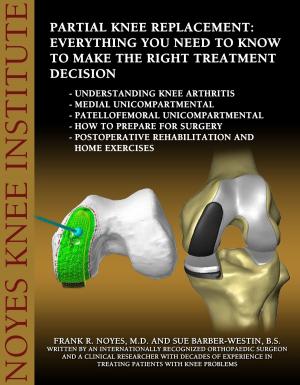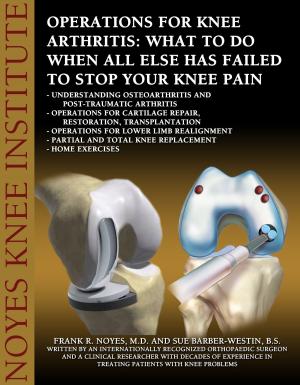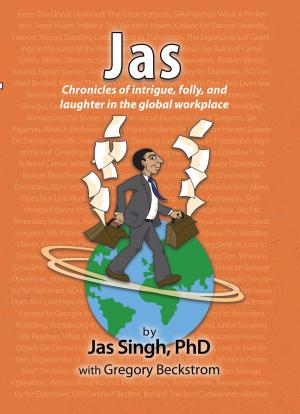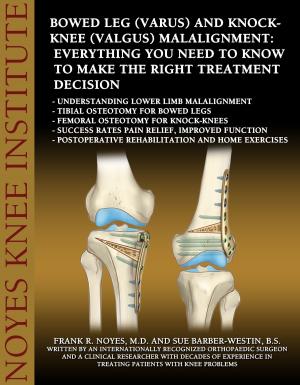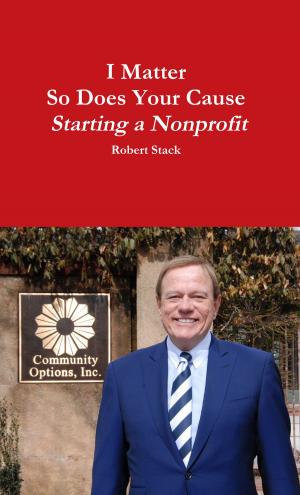Forbidden Food
How Science Says You can Eat what you Like and Like what you Eat
Nonfiction, Health & Well Being, Medical, Patient Care, Nutrition, Science & Nature, Science, Other Sciences, Philosophy & Social Aspects, Health, Nutrition & Diet, Diets| Author: | John Sloan, MD | ISBN: | 9781634132558 |
| Publisher: | Publish Green | Publication: | December 15, 2009 |
| Imprint: | Language: | English |
| Author: | John Sloan, MD |
| ISBN: | 9781634132558 |
| Publisher: | Publish Green |
| Publication: | December 15, 2009 |
| Imprint: | |
| Language: | English |
Everybody believes that diet influences health: trans fat plugs your arteries. We are threatened by an epidemic of obesity and diabetes caused by too much junk food. Salt is a silent killer. Raw, coarse, ground-with-stone grains cleanse the bowels and prevent cancer. Eating food produced in farms close to where you live will set you free from the tyranny of food multinationals. But where, really, did these ideas come from? The average person's answer is that they are proven by medical science. But medical science can be a slippery and ambiguous thing when you examine it carefully. "Forbidden Food" walks you through the best evidence available from more than 50 years of scientific studies, and critically analyzes the astonishing deficiencies of the science behind diet. The surprising truth is that scientific reasons for "healthy eating" don't come anywhere close to the standard of reliability that conservative health experts would normally call reasonable. A closer look reveals that even if healthy eating were supported by quality scientific evidence, the benefits it claims are by reasonable standards nearly absent. The difference between healthy eating and eating at McDonald's when nobody is looking turns out to be a few minutes shorter life span, on average. But supported only by failing-grade research. And yet we practice “orthorexiaâ€: eating right. The food on our tables, in our restaurants, on supermarket shelves, sometimes even mandated by law reflects this. There are hundreds of books, television programs, newspaper articles, columns by physicians and nutritionists, and appearances by experts in the media to reassure us that we are on the right track. Why on earth would healthy eating, if it really is the nonsense that its scientific basis shows it to be, become such a universal catechism that nobody dares contradict? People are cultural animals and culture has a biological basis. Beliefs are to some extent naturally selected; evolved. Food is among the most powerful survival-enhancers, so behavior to do with food is hard-wired into animals, and the imperative to have beliefs about food is also hard-wired into people. Tribal people all over the world practice dozens of very weird food beliefs and prohibitions. Mainstream cultural food attitudes like Jewish kosher are closer to home for most of us, but unless we participate in that kind of specific food behavior, we imagine that we've gotten beyond pre-scientific superstition and are now rational about food. Not so! We still hang with a naturally-selected grip onto unreasonable beliefs about food. And where science is the prevalent belief, its food rituals take the place of the strange-sounding ones in the lives of tribespeople, even if there is nothing to support it but an evolved need to believe in ideas about food. This is why it doesn't take much so-called science to convince us to eat one way or another. Whatever the real reason for modern healthy food beliefs, the plain truth is that we are deluded if we expect to live longer or suffer less illness through buying into them. Five decades of science attempting to prove the opposite has failed. The only bad food, for us, is food that tastes bad, or more generally food that doesn't give us inner joy and delight. Enjoy food. Enjoy your own personal, strange (or dead-ordinary), cultural, family, or instinctive preferences for what you eat. Life's too short to ill-advisedly try to prolong it by wrecking one of its greatest pleasures. Â
Everybody believes that diet influences health: trans fat plugs your arteries. We are threatened by an epidemic of obesity and diabetes caused by too much junk food. Salt is a silent killer. Raw, coarse, ground-with-stone grains cleanse the bowels and prevent cancer. Eating food produced in farms close to where you live will set you free from the tyranny of food multinationals. But where, really, did these ideas come from? The average person's answer is that they are proven by medical science. But medical science can be a slippery and ambiguous thing when you examine it carefully. "Forbidden Food" walks you through the best evidence available from more than 50 years of scientific studies, and critically analyzes the astonishing deficiencies of the science behind diet. The surprising truth is that scientific reasons for "healthy eating" don't come anywhere close to the standard of reliability that conservative health experts would normally call reasonable. A closer look reveals that even if healthy eating were supported by quality scientific evidence, the benefits it claims are by reasonable standards nearly absent. The difference between healthy eating and eating at McDonald's when nobody is looking turns out to be a few minutes shorter life span, on average. But supported only by failing-grade research. And yet we practice “orthorexiaâ€: eating right. The food on our tables, in our restaurants, on supermarket shelves, sometimes even mandated by law reflects this. There are hundreds of books, television programs, newspaper articles, columns by physicians and nutritionists, and appearances by experts in the media to reassure us that we are on the right track. Why on earth would healthy eating, if it really is the nonsense that its scientific basis shows it to be, become such a universal catechism that nobody dares contradict? People are cultural animals and culture has a biological basis. Beliefs are to some extent naturally selected; evolved. Food is among the most powerful survival-enhancers, so behavior to do with food is hard-wired into animals, and the imperative to have beliefs about food is also hard-wired into people. Tribal people all over the world practice dozens of very weird food beliefs and prohibitions. Mainstream cultural food attitudes like Jewish kosher are closer to home for most of us, but unless we participate in that kind of specific food behavior, we imagine that we've gotten beyond pre-scientific superstition and are now rational about food. Not so! We still hang with a naturally-selected grip onto unreasonable beliefs about food. And where science is the prevalent belief, its food rituals take the place of the strange-sounding ones in the lives of tribespeople, even if there is nothing to support it but an evolved need to believe in ideas about food. This is why it doesn't take much so-called science to convince us to eat one way or another. Whatever the real reason for modern healthy food beliefs, the plain truth is that we are deluded if we expect to live longer or suffer less illness through buying into them. Five decades of science attempting to prove the opposite has failed. The only bad food, for us, is food that tastes bad, or more generally food that doesn't give us inner joy and delight. Enjoy food. Enjoy your own personal, strange (or dead-ordinary), cultural, family, or instinctive preferences for what you eat. Life's too short to ill-advisedly try to prolong it by wrecking one of its greatest pleasures. Â
